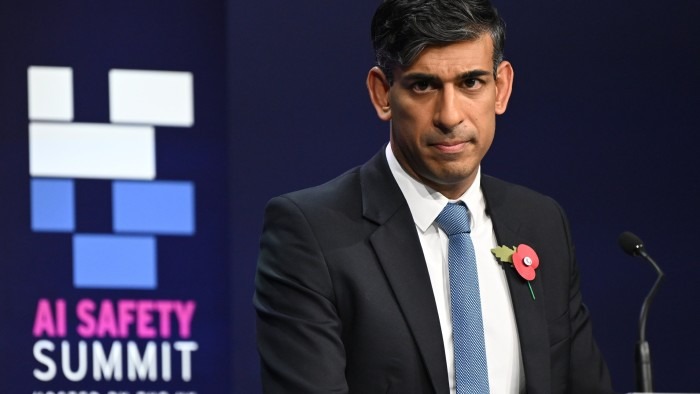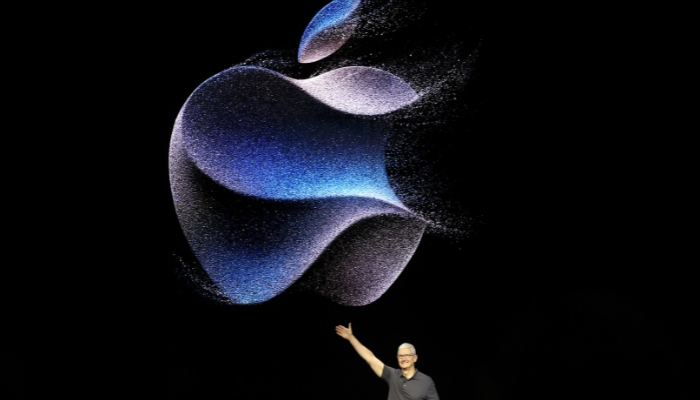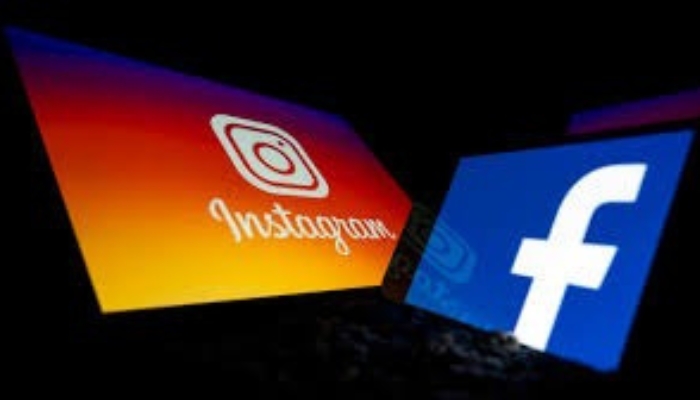
Last updated on March 23rd, 2024 at 06:36 am
Study shows over 100 paid ads impersonating PM promoted on social media last month
Research shows over 100 deepfake video ads impersonating Rishi Sunak were paid to be promoted on Facebook in the last month alone, raising concerns about AI risks ahead of the general election. These ads, potentially reaching 400,000 people, violate several of Facebook’s policies and represent the first large-scale, systematic doctoring of the prime minister’s image.
A total of £12,929 was spent on 143 ads, originating from 23 countries including the US, Turkey, Malaysia, and the Philippines. One ad features faked footage of BBC newsreader Sarah Campbell reporting a false scandal about Sunak earning “colossal sums” from a project intended for ordinary citizens.
The advertisement falsely claims that Elon Musk has launched an app capable of “collecting” stock market transactions. It includes a fabricated clip of Sunak stating that the government decided to test the app rather than risking ordinary people’s money. These clips redirect to a fake BBC News page promoting a fraudulent investment scheme.
The research was conducted by Fenimore Harper, a communications company founded by Marcus Beard, a former Downing Street official responsible for countering conspiracy theories during the Covid crisis. He cautioned that these adverts, representing a new level of sophistication in deepfake quality, suggest that this year’s elections are susceptible to manipulation through a large volume of high-quality AI-generated falsehoods.
The rise of affordable, user-friendly voice and face cloning technology means that even those with minimal expertise can exploit someone’s image for nefarious ends.
Regrettably, this issue is worsened by relaxed moderation standards for paid advertisements. While these ads violate several of Facebook’s advertising policies, very few of the ones we found seem to have been taken down.
Meta, the parent company of Facebook, has been contacted for a response.
A spokesperson for the UK government stated, “We are collaborating extensively across government to ensure we can promptly address any threats to our democratic processes, leveraging our defending democracy taskforce and specialized government units.
“Our Online Safety Act goes a step further by imposing new obligations on social platforms to promptly remove illegal misinformation and disinformation, including instances generated by AI, upon becoming aware of them.
A BBC representative stated, “In an era of increasing disinformation, it’s crucial to ensure news is sourced from reliable outlets. In response to the rising threat of disinformation, we introduced BBC Verify in 2023. This initiative involves significant investment in a specialized team equipped with forensic and open-source intelligence (OSINT) capabilities to investigate, fact-check, verify videos, combat disinformation, analyze data, and simplify complex stories.
“We establish credibility with our audience by demonstrating how BBC journalists verify the information they report and provide guidance on identifying fake and deepfake content. When we identify fake BBC content, we take immediate action.”
Regulators are concerned that there is limited time to implement comprehensive changes to ensure that Britain’s electoral system keeps pace with advancements in artificial intelligence before the next general election, which is expected to occur in November.
The government has been in talks with regulators, including the Electoral Commission, which believes that the new requirements under legislation from 2022 for digital campaign material to include an “imprint” will help ensure that voters can identify who funded an ad or is attempting to influence them.
A spokesperson for Meta stated, “We remove content that violates our policies, regardless of whether it was created by AI or a person. The majority of these advertisements were disabled before this report was published, and the report itself indicates that less than 0.5% of UK users saw any individual ad that did go live.
“Since 2018, we have provided leading industry transparency for ads related to social issues, elections, or politics, and we continue to enhance these efforts.





